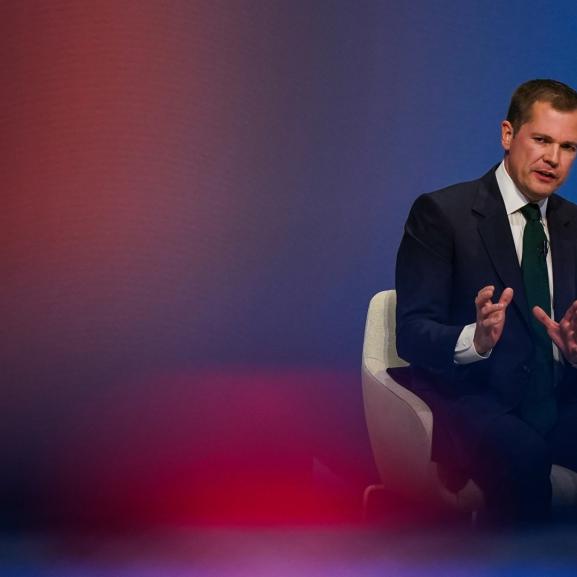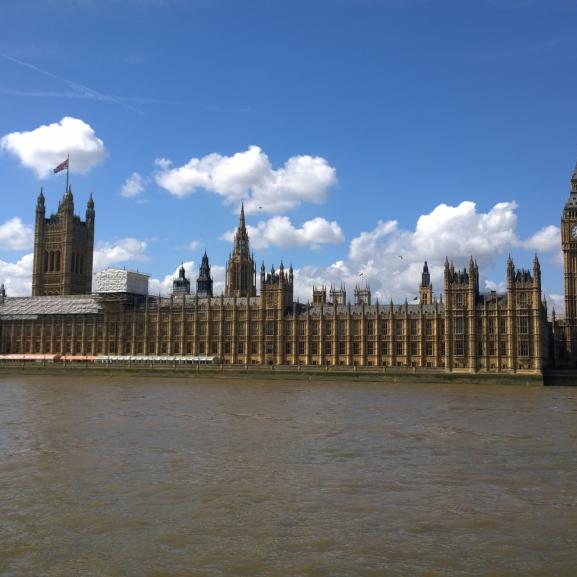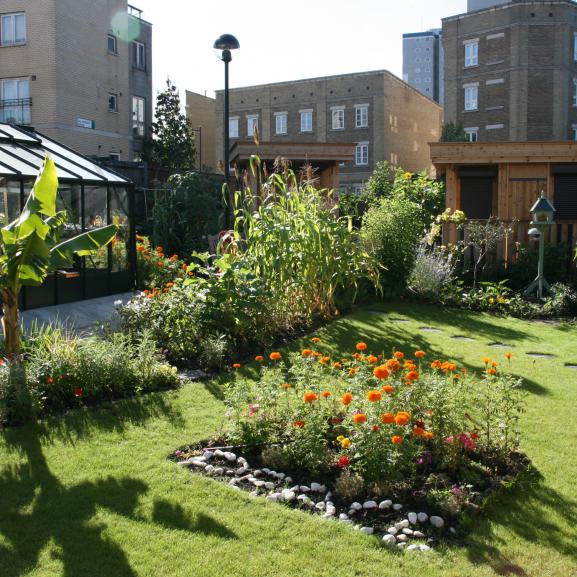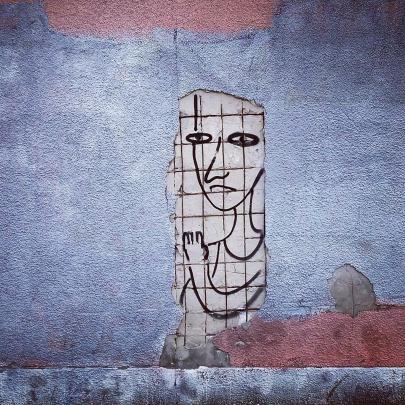Visit of Pope Francis to Sri Lanka is a vital opportunity
The visit of Pope Francis to Sri Lanka offers a vital opportunity to push for accountability and transparency on human rights violations.
The visit of Pope Francis, one of the most respected spiritual figures in the world, is an opportunity to impress Sri Lanka's new president, Maithripala Sirisena, not only the need for action internally on human rights violations such as torture, but also the importance of cooperating with the human rights investigation currently being undertaken by the United Nations.
Freedom from Torture receives more referrals for Sri Lankan torture survivors than any other country group, with 299 Sri Lankans referred to the organisation for psychological therapies or forensic documentation services in 2013.
So far the UN investigators, due to report to the UN Human Rights Council in March, have been denied entry to Sri Lanka and forced to proceed without the co-operation of the Government.
Freedom from Torture receives more referrals for Sri Lankan torture survivors than any other country group
Roman Catholics are eight per cent of the Sri Lankan population and cross the ethnic divide: members of both Tamil and Sinhalese populations count themselves among the community .The Sri Lankan Catholic Bishops Conference expressed concern for the failure to tackle past and ongoing human rights violations in a recent communiqué. They stopped short of making a direct call for co-operation with the UN investigation but hinted that there might be no other option in the future.
Susan Munroe, chief executive of Freedom from Torture said:
"His Holiness Pope Francis will be well aware that for healing to begin, justice must be done and impunity for ongoing, and historic, abuses must end.
In addition to his spiritual role, he is from Argentina, a country that has experienced its own internal conflict and human rights abuses and which continues to seek reconciliation through investigations, prosecutions and redress for the victims.
Five years after the end of a brutal civil war, Sri Lanka remains a country bitterly divided along ethnic lines. Given that the internal processes have failed to reconcile the majority Sinhalese and minority Tamil populations or promote accountability for either historic or ongoing human rights abuses, it is crucial that the Sri Lankan authorities support independent international investigations into human rights abuses, such as the one currently being undertaken by the UN."
Since the end of Sri Lanka's civil war in 2009, our doctors have forensically documented 160 cases of torture with some cases as recent as 2013.
Blatant ill-treatment strongly suggests that the members of the security forces perpetrating this torture have no fear of being punished for their actions.
Freedom from Torture's aggregated clinical evidence clearly demonstrates that torture is still routinely practised, and the overwhelming majority of those tortured are ethnic Tamils who are accused of links with the now outlawed Liberation Tigers of Tamil Eelam (LTTE).
This torture typically includes rape and sexual violence, prolonged use of solitary confinement, beating, asphyxiation and stress positioning. It is often also hallmarked by repeated burning or branding on the back, thighs and soles of feet with a heated metal rod which can leave extremely pronounced scarring. Such blatant ill-treatment strongly suggests that the members of the security forces perpetrating this torture have no fear of being punished for their actions.







